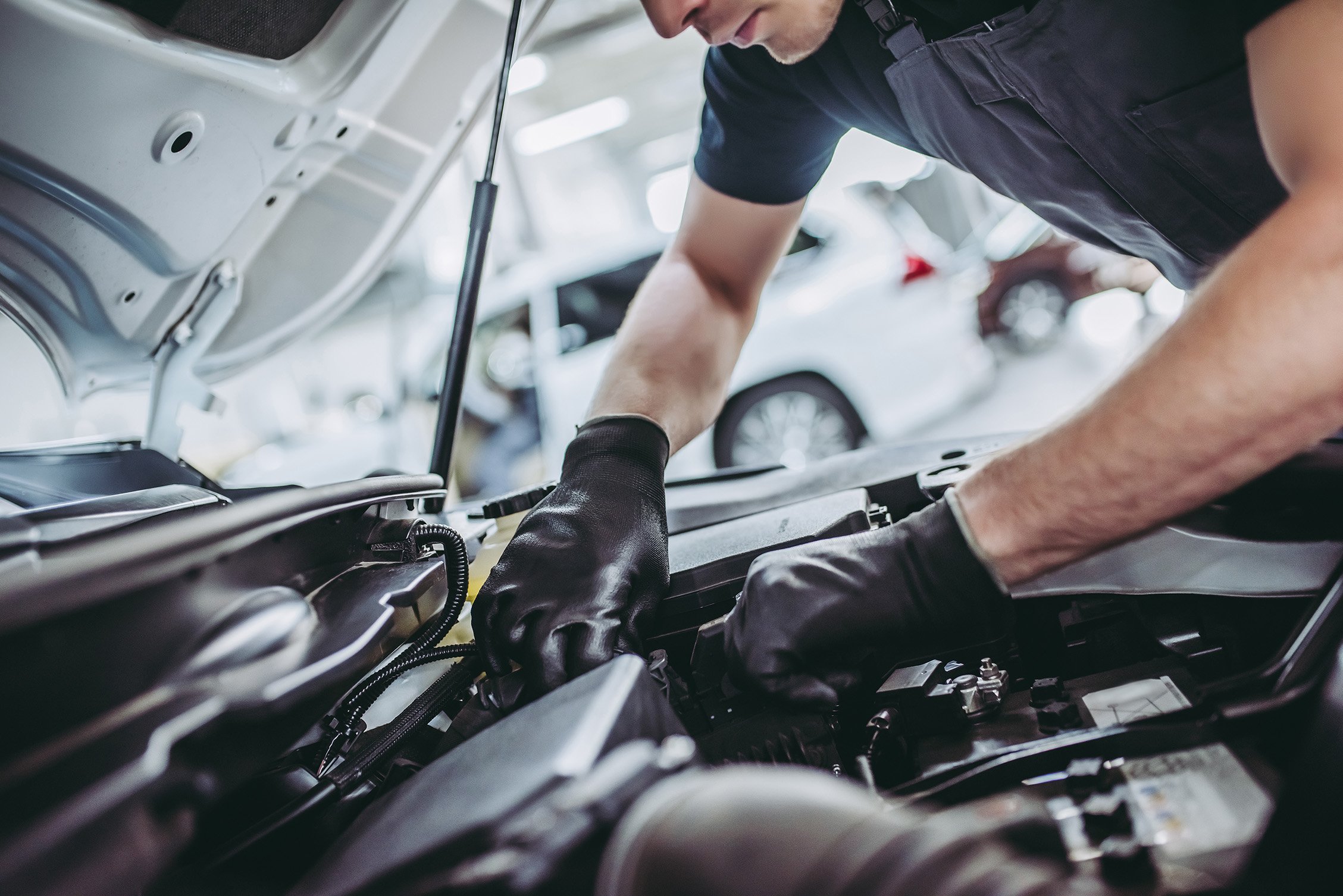All Categories
Featured

The exhaust system in your cars and truck plays an important duty in keeping engine effectiveness, lowering emissions, and boosting overall efficiency. It works by routing exhaust gases far from the engine, assisting to minimize noise and guaranteeing that hazardous gases are correctly filtered before being launched right into the atmosphere. With time, nevertheless, the exhaust system undergoes extreme problems, consisting of severe temperature levels, wetness, and road particles, which can cause corrosion, corrosion, or perhaps failure. By taking correct treatment of your exhaust system, you can expand its life and prevent pricey repair work. Here are some crucial ideas on exactly how to do simply that.
- Regular Assessments and Upkeep. The finest method to stop significant problems with your exhaust system is by having it inspected on a regular basis. During a routine examination, your technician can look for very early signs of damage, such as rust, cracks, or loosened components. This proactive method assists catch tiny problems prior to they become costly repair work. If you listen to uncommon noises, such as a loud rolling noise or a hissing noise while driving, it may show an exhaust leakage or an additional problem that needs instant interest.
- Clean Your Exhaust System. Extreme dirt, particles, and road salt can accelerate deterioration and corrosion on your exhaust system. Pay special attention to locations around the exhaust pipes and muffler, especially after driving in damp or salty problems.
- Avoid Short Trips. If you take short journeys around community, particularly in chillier weather, it's necessary to recognize that your exhaust system does not obtain the possibility to heat up totally. During longer drives, the exhaust system gets to a high enough temperature level to burn any wetness and condensation inside the pipelines. Short trips, on the other hand, can leave moisture caught, bring about corrosion and rust. Attempt to take longer drives whenever feasible, or permit your car to idle for a couple of mins before shutting it off after short journeys. This aids ensure that the exhaust system warms up enough to evaporate any kind of entraped moisture.
- Drive Responsibly. How you drive can have a significant effect on the lifespan of your exhaust system. Aggressive driving, consisting of rapid acceleration, tough stopping, and too much speed, can create unnecessary stress on the exhaust components.
- Deal With Exhaust Leaks Promptly. A dripping exhaust system can cause unsafe gases, such as carbon monoxide, to go into the cabin, which can be harmful to guests. Overlooking an exhaust leak can lead to more substantial damage to the whole system, consisting of the catalytic converter, which is pricey to change.
- Change Faulty Oxygen Sensors. The oxygen sensing units in your cars and truck keep an eye on the amount of oxygen in the exhaust gases and help control the air-fuel proportion for optimal engine performance. If these sensors come to be defective or use out, they can result in ineffective engine procedure, raised discharges, and strain on the exhaust system. Having your oxygen sensing units inspected during routine maintenance can assist ensure they are working correctly. Changing malfunctioning sensing units without delay can protect against added wear on your exhaust system and enhance fuel performance.
- Protect Your Exhaust System from Roadway Hazards. Potholes, road debris, and driving over curbs can trigger damages to the exhaust system, resulting in splits, dents, or perhaps the full failing of certain elements. To secure your exhaust system, attempt to avoid driving over obstacles that might create damage. Beware when driving on uneven or rough surface, and focus on the roadway conditions, specifically in locations with constant construction or road job.

- Maintain Your Engine. A well-kept engine plays a crucial role in lengthening the life of your exhaust system. It can create excess fuel and dangerous exhausts to enter the exhaust system if your engine is misfiring or not running successfully. This can cause an enhanced workload for the catalytic converter and other exhaust components, potentially causing damage. Routine engine maintenance, consisting of altering the oil, changing trigger plugs, and checking the air and gas filters, can aid maintain your engine running smoothly and decrease the stress on your exhaust system.
Conclusion. Routine assessments, prompt repair services, and accountable driving routines are essential to expanding the life of your exhaust system. By adhering to these simple pointers and maintaining your exhaust system, you can avoid pricey repair services, enhance engine efficiency, and keep your car running efficiently.
Latest Posts
Learn About Premier Auto Repair Care in Chicago – Drive with Confidence
Published en
1 min read
Why Chicago Drivers Trust Montclare Auto Repair for Trusted Service and Big Savings
Published en
1 min read
Find Budget-Friendly Auto Repairs with Montclare’s Monthly Service Specials
Published en
1 min read
More
Latest Posts
Learn About Premier Auto Repair Care in Chicago – Drive with Confidence
Published May 28, 25
1 min read
Why Chicago Drivers Trust Montclare Auto Repair for Trusted Service and Big Savings
Published May 25, 25
1 min read
Find Budget-Friendly Auto Repairs with Montclare’s Monthly Service Specials
Published May 23, 25
1 min read